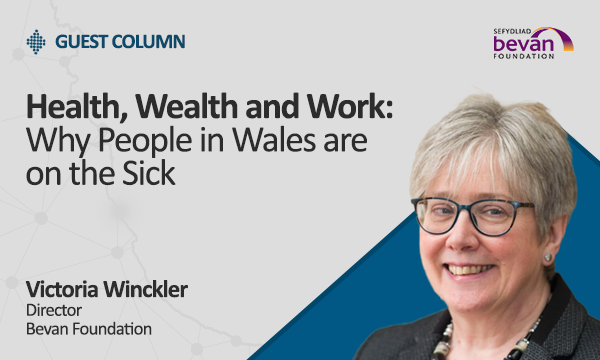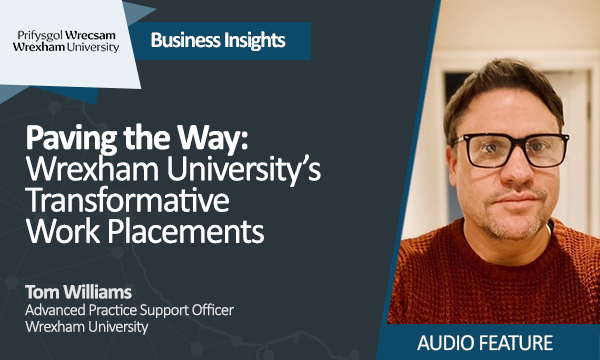
Written by:
Victoria Winckler
Director
The Bevan Foundation
______________________________________________________________________________________________________________________________
Three vital statements on health and the workforce came along in quick succession in recent days.
Prime Minister Rishi Sunak announced a crack-down on the so-called ‘sick note culture’, claiming that sickness benefits have been a ‘lifestyle choice’ for millions.
The day before, Welsh Government statistics showed that one in five people in Wales – some 591,600 people – were waiting for NHS treatment, the highest figure on record. And the day before that, the Health Foundation issued a stark warning that rising inequalities could see more people of working age living with major illnesses by 2040.
What are we to make of this news?
There is without doubt a sickness problem. In Wales, there are 147,000 people who are not working due to sickness – some 22,500 more than before the pandemic. Not working because of sickness costs the public purse a lot of money – the Office for Budget Responsibility puts the cost of the rise in economic inactivity across the UK at £16bn more a year since the start of the pandemic, through a mix of extra welfare spending and foregone tax revenues. Sickness also contributes to recruitment headaches for employers, particularly in lower-paid jobs, although it is by no means the only reason.
Whether those 22,500 have quit their jobs in favour of a life on benefits is a ‘lifestyle choice’ is another matter. Let’s set aside the fact that statutory sick pay is a mere £116.75 a week, while the basic rate of Universal Credit for an adult over 25 is £90.80. Even if someone is sick enough to be eligible for Personal Independence Payment (PIP), the standard rate is £72.65 a week. Very roughly, someone who’s not working because they’re sick receives in benefits around £163 a week – less than a third of median gross earnings.
Then look at NHS waiting times. Although it is impossible to directly relate waiting for NHS treatment to quitting work, the long queues for everything from cancer treatment to knee replacements must have some impact on labour market participation. If the worker themselves is not on the waiting list, then having a family member who is can also contribute to exiting the workforce.
But it’s the findings of the Health Foundation that probably explain the economic activity trend. The Health Foundation forecasts that between 2019 and 2040, an additional 700,000 people will have a major illness by 2040. Not all illnesses mean people cannot work at all, but a significant number of those with chronic pain, complications of diabetes and severe anxiety and depression are likely to be out of work. Five years into their forecast, we could well be seeing the beginning of the uptick in economic inactivity.
What should be done?
The UK government is embarking on a carrot-and-stick approach, with a lot of emphasis on the stick. But this won’t work for people who are genuinely ill. Instead, there urgently needs to be investment in community-based health care to manage common health conditions. Crucially, with eight out of ten people forecast to have a major illness likely to live in a deprived area, that investment must be targeted on disadvantaged communities.
In the longer term there needs to be urgent action to prevent illness in the first place. The major illnesses identified by the Health Foundation are all closely associated with low incomes, poor housing and insecure work. To reduce the number of people living with illness, the priority must therefore be better homes, secure and decently-paid jobs, and more cash in people’s pockets.













